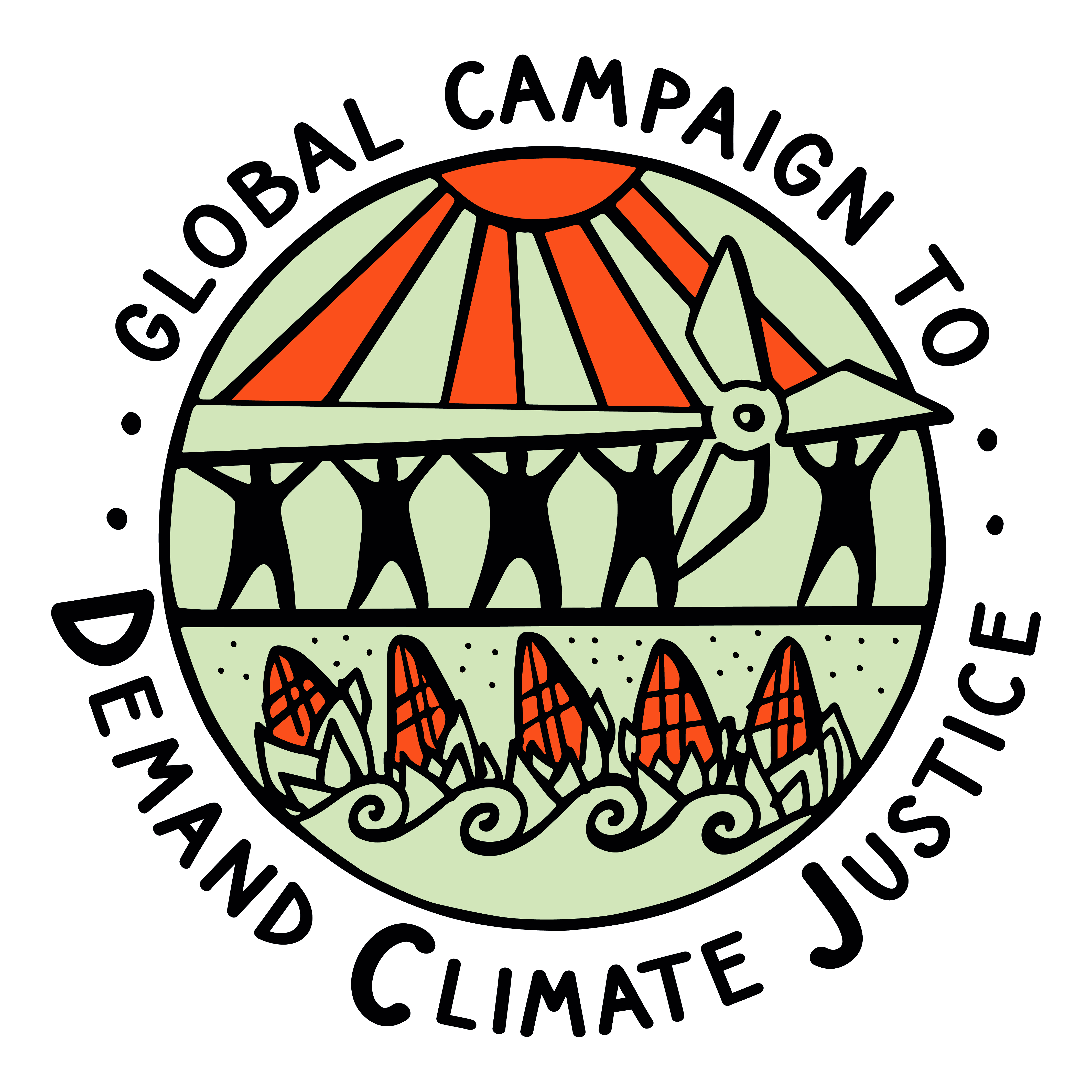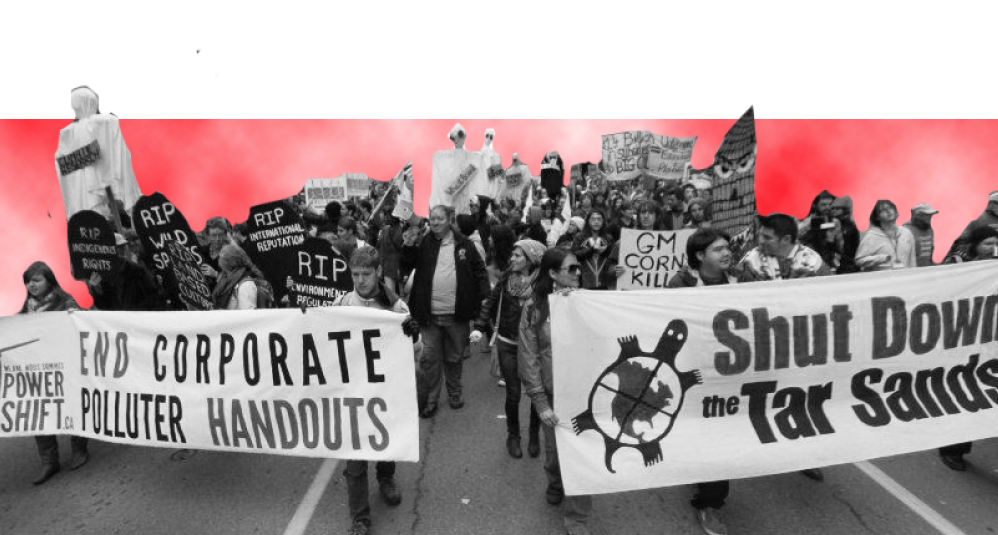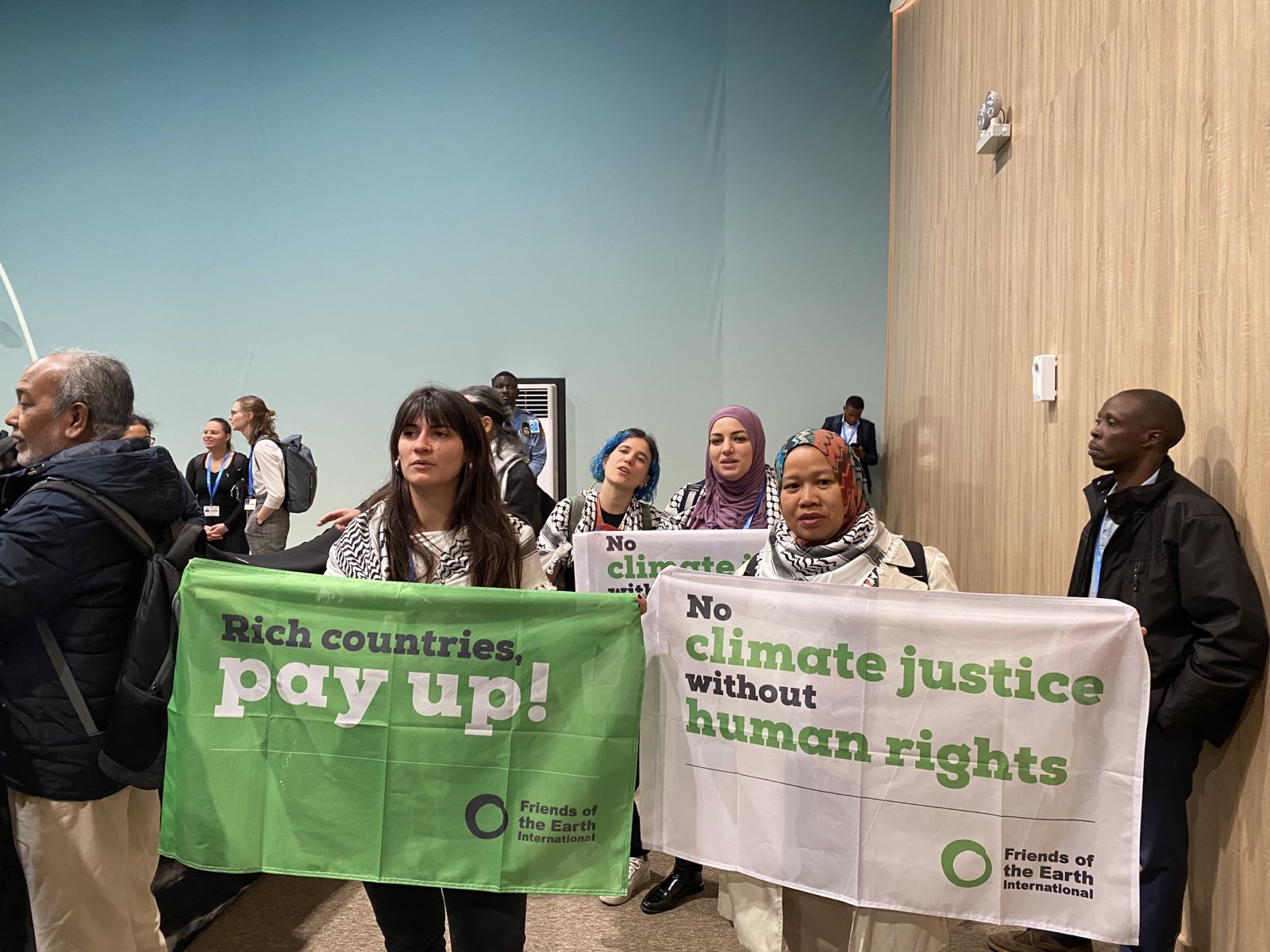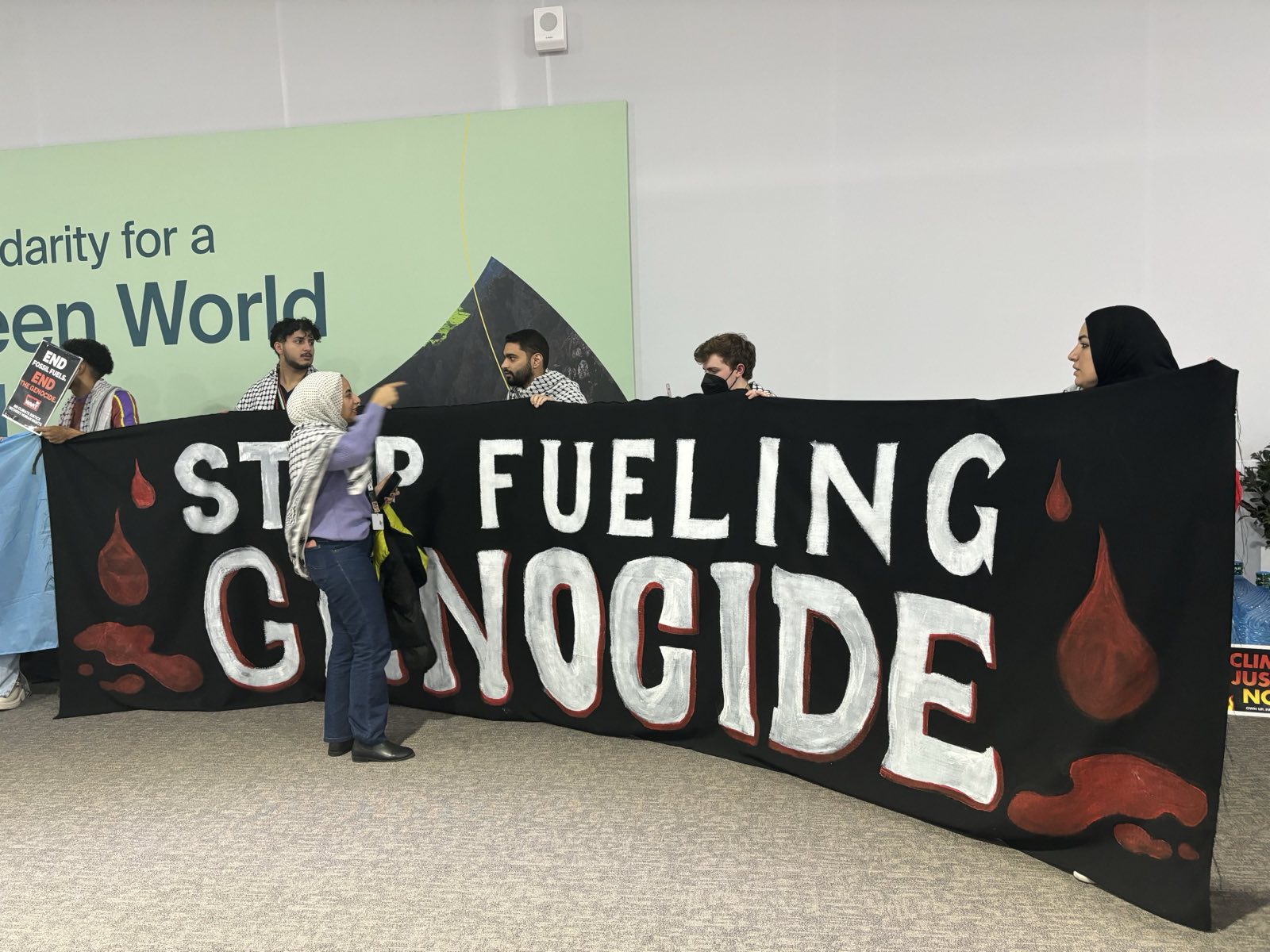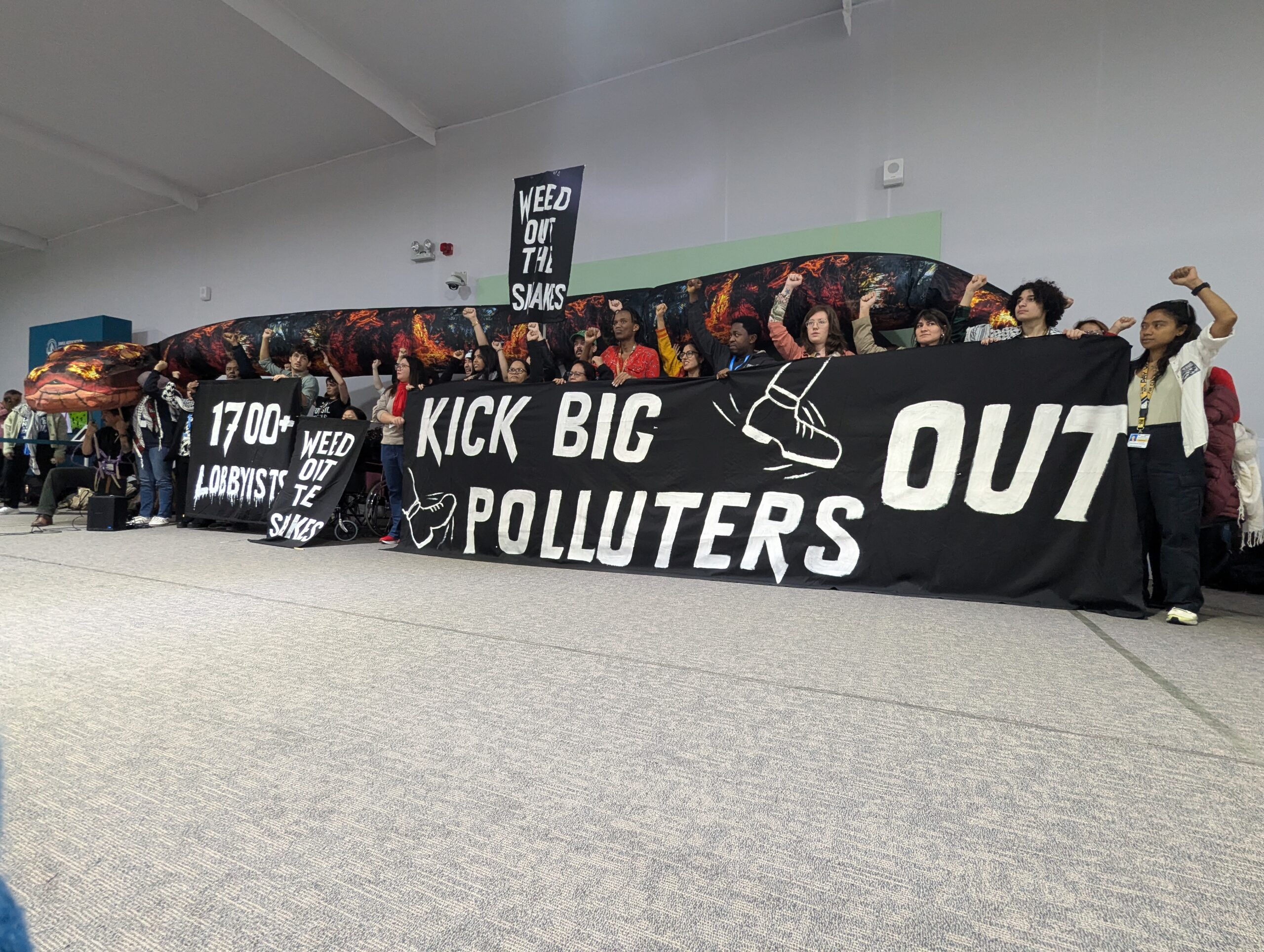INTERVENTION BY GLOBAL CAMPAIGN TO DEMAND CLIMATE JUSTICE ON JUST TRANSITION WORK PROGRAMME
Thank you. I am Chadli Sadorra from the Global Campaign to Demand Climate Justice.
We in DCJ believe that the JTWP is one of the most promising outcomes that came out of COP28 last year. Its progress towards concrete actions on just transition is urgently required.
Which is why we regret to hear that parties aren’t able to progress in negotiations today.
Moving forward we hope parties can consider the following comments. We encourage parties to develop modalities, such as a work plan or plan of action, to ensure that this work programme reaches concrete and actionable solutions to ensure equitable and just transition for all. This work plan can be aimed at delivering key decisions and actions at COPs 30 and 31. It can also be structured to deliver concrete actions for each of the elements delineated in Article 2A to 2G of the work programme.
We do not share the view of some parties that the work programme is limited to the dialogues only. Proposing other modalities that can facilitate the work programme to reach concrete actions is not a “renegotiation” of decision 3/CMA 5. Framing it as such is obstructive to making the JTWP into an action-oriented work programme. Workers and communities from the global North and South cannot afford for this work programme to become a talk shop.
We are also of the view that international barriers to just transition, namely the lack and bad quality of climate finance, technology development and transfer, and capacity building, should also be addressed as part of the scope of the work programme, evident in Articles 2b, 2c, and 2g.
We implore parties to please start addressing these barriers as well as other international and domestic resource mobilization requirements for just transition that can ensure climate actions and social protection measures for workers and communities globally.
Lastly, we also would like to reiterate the statements of some parties for increasing the involvement of non-party stakeholders and observers in the next dialogue and other work programme processes, such as identifying themes for the next dialogue to ensure a balanced choice of topics. We don’t think greater CSO participation is mutually exclusive to having modalities that operationalize the work programme towards concrete actions, as some have suggested yesterday. On the contrary, the latter may facilitate greater inclusivity and participation.
Thank you.
